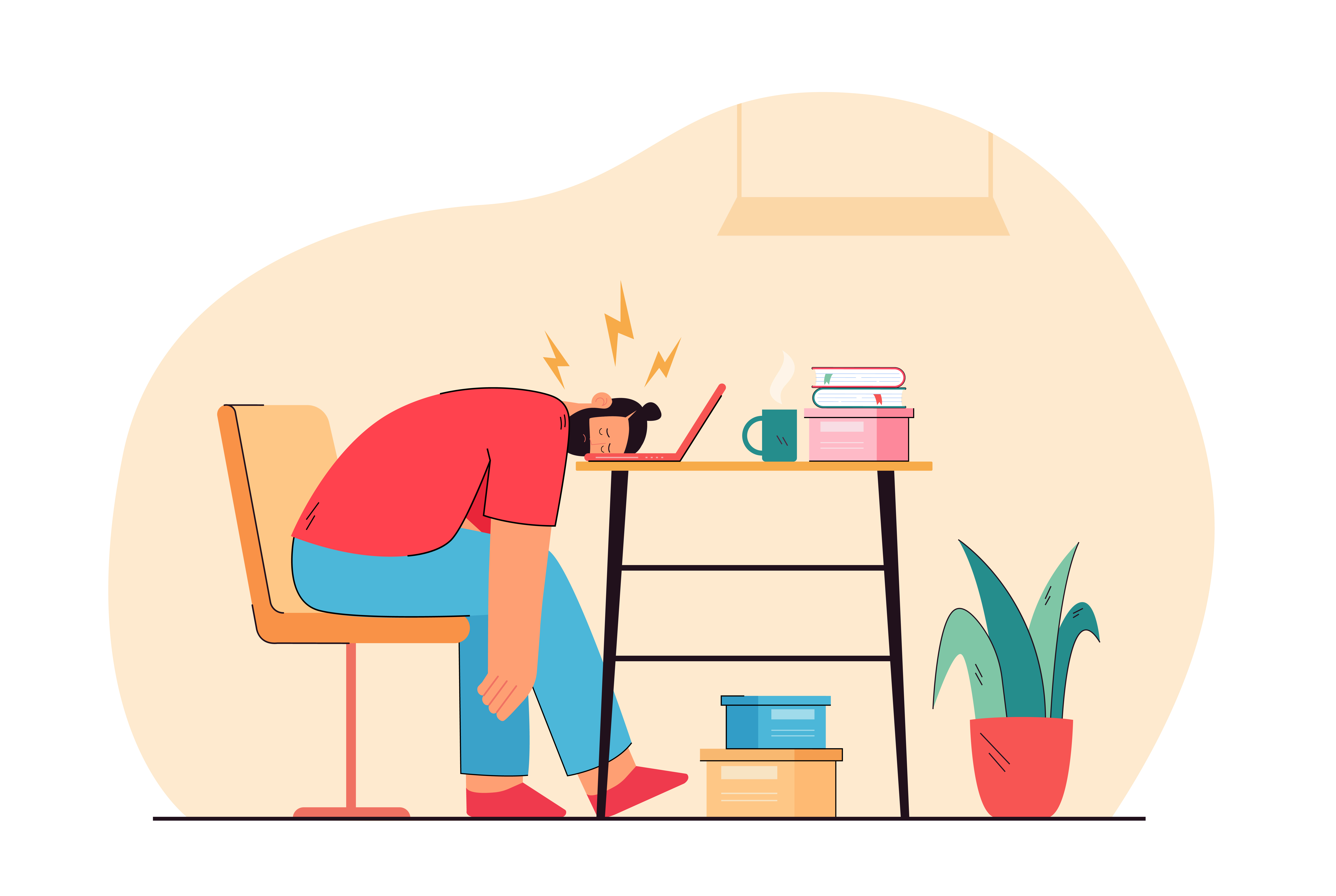- Published on
Battling Procrastination

Procrastination involves a degree of self-deception: At some level, procrastinators are aware of their actions and the consequences, but changing their habits requires even greater effort than completing the task in front of them.
My basic thought process in breaking procrastinators is to help them build that degree of self-discipline. What are the triggers that cause procrastination in the first place. How does rampant procrastination affect your work and how much you accomplish? All of these things can be managed through the gradual building of self-discipline.
3-Step Process
1. Identifying Where Your Time Goes
I believe this is the first step in figuring out why you turn to procrastination in the first place. For a 24-hour period of time, maybe not 24 hours but when you are awake, document what you do in every 30-minute interval of time. This is a great method to keep you conscious and aware of what you are doing with your time.
Time Tracking Template: After you track your time for the full 24-hours analyze the time wasters in your schedule and identify how those plots of time could have been better used. Remember, breaks are extremely important in any sort of schedule but there is a big difference between breaks and any being lazy.
2. Creating a Task Repository
Although it might not seem like a task repository has anything to do with procrastination at all, being able to effectively lay out all of the work you must complete in a given time is an extremely effective tool to have. Whether it be through a simple notebook or an application like Notion or Todoist, this is an extremely important step in battling procrastination. It allows you to properly manage the work you must get done and works to mitigate days in which you assign too many tasks which can lead to a slump day.
Why is a task repository important?
- Allows for effective organization of large numbers of tasks.
- Prevents burnout/slump days
- Prevents forgetting important things to do.
- deadlines, etc
- Enables breaking down larger tasks into smaller, more doable tasks.
Some large projects require complex tasks that you might want to pass over initially. When breaking them into smaller tasks, you are psychologically more likely to feel like you can complete them.
3. Using Discipline to Develop New Habits
More likely that not, productive habits have not been set in your lifestyle which cause you to procrastinate. Using discipline such as blocking sites and using flora are effective tools to get you to start developing these habits. At first, if you merely try to go about these habits, it is very likely you will fail and be demotivated to continue to attempt them. That is why it is important to have a guiding safeguard in place.
- Flora / Forest
- StayFocusd
- IOS ScreenTime (Have a friend set password)
- Google Calendar -Plot out your time effectively
Usually, you will only need to use these methods initially until you develop discipline so that you will not need them in the future.
- Authors

- Name
- Apurva Shah
- Website
- apurvashah.org